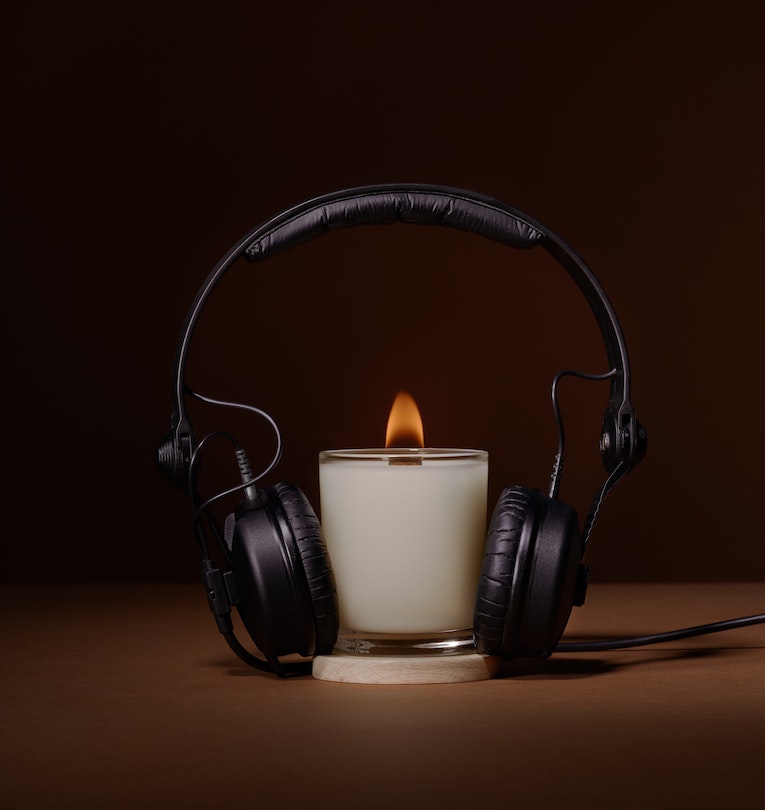
Music Heals: Mental Health Awareness Month
By Martine Ehrenclou
We’re all into music because it makes us feel good in one way or another, right? Whatever your taste in music, the bottom line is it brings us joy, eases stress, reduces depression or anxiety, or boosts mood in general.
For those of us that deal with depression and anxiety, music can be an effective tool for our mental health.
Since May is Mental Health Awareness Month, Rock & Blues Muse joins in to help spread information and awareness about mental health and where to get help for yourself or a loved one.
We join the movement to raise awareness of and reduce the stigma surrounding mental health issues, as well as highlighting that mental illness and addiction can affect all of us – individuals, families, and our society at large.
We respect the millions of Americans living with mental health conditions and their loved ones and mental health practitioners who support them. Two in five adults report anxiety and depression and two in five teens report sadness and hopelessness. Drug overdoses are at an all-time high and suicide is the second leading cause of death among young people.
It’s time to do something. For ourselves and others.
The National Alliance on Mental Illness (NAMI) offers helplines, support groups, programs and classes, and if you type in your city and state, you can find local chapters of NAMI to help you or your loved ones. See NAMI website HERE
Mental Health Awareness Month has been observed in May in the United States since 1949. The month is observed with media, local events, and film screenings. Mental Health Awareness Month began in the United States was started by the Mental Health America organization.
Music and Mental Health
Music does not replace mental health therapy or seeing your doctor if you are experiencing depression, anxiety or feelings of suicide. Suicide Hotline HERE
Music Boosts Mood and Well Being
There’s plenty of evidence that supports that music releases a mood-enhancing chemical (dopamine) in the brain that produces a feel-good state. Dopamine is known to produce pleasure or joy, not unlike sweets or being in love.
But music produces up to 9% higher levels of dopamine than the above.
A study in Nature Neuroscience found that “levels of dopamine were found to be up to 9% higher when volunteers were listening to music they enjoyed.” See BBC article with the link to the study here. Music psychologist Dr. Vicky Williamson from Goldsmiths College, University of London, said that the research didn’t answer why music is so important to human beings—it proved that it was.
We’ve all experienced the absolute joy by attending a concert with one of our favorite artists or bands. And the high can last for a couple of days. You’ve probably experienced the effects of music on your mood when listening in your home, office or car. Many of us listen to music all the time.
Music has the ability to promote well-being and mood. See new JAMA study here.
Music Heals
Music has been called the universal language and it’s been used in many cultures for healing and medicine. Science suggests that music can help the recovery of motor skills and cognitive function in stroke patients, and even aids communication for people with dementia and Alzheimer’s Disease. See here. Think about Tony Bennett who was able to sing with Lady Gaga even though Alzheimer’s had deprived him of many of his previous communication skills.

Photo: Andrea Piacquadio
Music Reduces Stress and Anxiety
Music can be a helpful tool to relieve stress. It’s accessible and low cost and is easily incorporated into our daily lives. Listening to music can decrease cortisol levels. Cortisol is often referred to as the primary stress hormone because it causes an increase in your heart rate and blood pressure. It has been suggested that music can help reduce and manage stress. See “Music As Medicine” HERE
How You Can Improve Your Own Mood With Music
1. Create playlists to listen to that make you feel good and go to them often.
2. If you start feeling low, listen to the playlist that makes you feel the most uplifted whether that’s calming music or music with great groove.
3. Find live music in your area and attend alone or with a friend
4. Learn to play a musical instrument. It’s never too late to do that. You can find music instructors online or at your local music shop in your town. Music instruction classes might be a fun new way to meet others with similar interests. NPR article on Never Too Late To Learn An Instrument
Playing Guitar Helped Me
After years of not playing my guitar, I picked it up again when I was 50 years old. I found guitar lessons online to help me get back into it. I play for myself because it brings me joy. I don’t have to be perfect—just the sound of the guitar and singing makes me feel good.
Music heals. It can relieve stress, improve mood and much more.
Here is an article I wrote that has Five Videos of Acoustic Guitarists To Lift Your Mood. Check them out.
I welcome your comments below. Which music boosts your mood and well-being?

Enjoyed this article, and agree with the healing power of music.
It reduces my anxiety by focusing on what I really love.
Music.
True medicine.
Your song selections were on point also! Thank you!